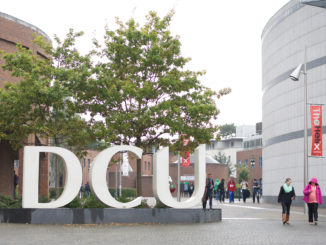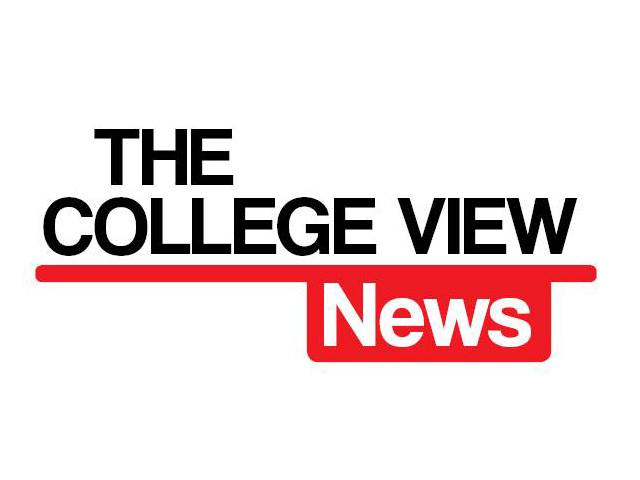
[dropcap]D[/dropcap]CU’s Anti-Corruption Research centre has €319,258 by the Irish Research Council to examine how sextortion harms sustainable development and innovation.Sextortion is a form of corruption in which public officials use power to sexually exploit people, particularly those who are already vulnerable.Examples of such abuses of power include: government officials who request sexual favours to obtain licenses or permits, teachers who trade good grades for sex with students, and employers who make providing sexual favours a condition of obtaining a job.The funding will be awarded over three year to fund the Corruption, Gender and Sustainable Development project (COGS), which aims to investigate previously unexplored ways in which corruption undermines gender equality, increases humanitarian need by closing off economic opportunity, and blocks climate action.Data from Transparency International indicates that 4% of people in Ireland have been the victim of sextortion while accessing government services or know someone who has been the victim of sextortion.DCU’s Dr Rob Gillanders, co-director of the DCU Anti-Corruption Research Centre and COGS’s Irish principal investigator stated:”Corruption, the abuse of public power for private gain, ruins economies, societies, and lives – especially the lives of the already disadvantaged or vulnerable.Corrupt countries grow more slowly, attract less investment, are more unequal and violent, and have higher rates of poverty and infant mortality.”DCU’s research partner for the project is Université Norbert Zongo in Burjina Faso. hrvatskafarmacija24COGS will carry out interviews with female entrepreneurs and politicians in Burkina Faso to understand how sextortion and other forms of corruption can impose specific and extremely damaging costs on women seeking a career in business or politics.COGS will also analyse data collected from across Africa and the rest of the world to model how the burden of corruption falls most heavily on women.In contrast to Ireland’s 4%, 20% of people from Latin America, the Caribbean, the Middle East and North Africa are believed to be the victims of sextortion or know someone who has been.”Corruption also blocks climate action by protecting elites and special interest groups and distorting policy.COGS will explore how ‘Sextortion’ acts as a barrier to female economic empowerment and innovation.We will examine how gender stereotypes related to corruption can stand in the way of women holding political office and test the fundamentally important hypothesis that corruption serves as a greater barrier to accessing healthcare and education for women,” Dr. Gillanders said.DCU’s Anti-Corruption Resarch centre is the first academic research centre dedicated to research, policy, and education on corruption and anti-corruption.Jamie Mc CarronImage Credit: RobertWalters.com



